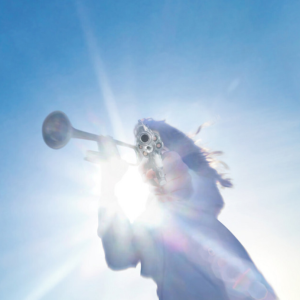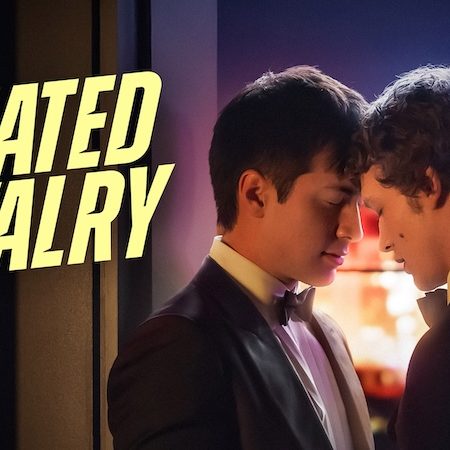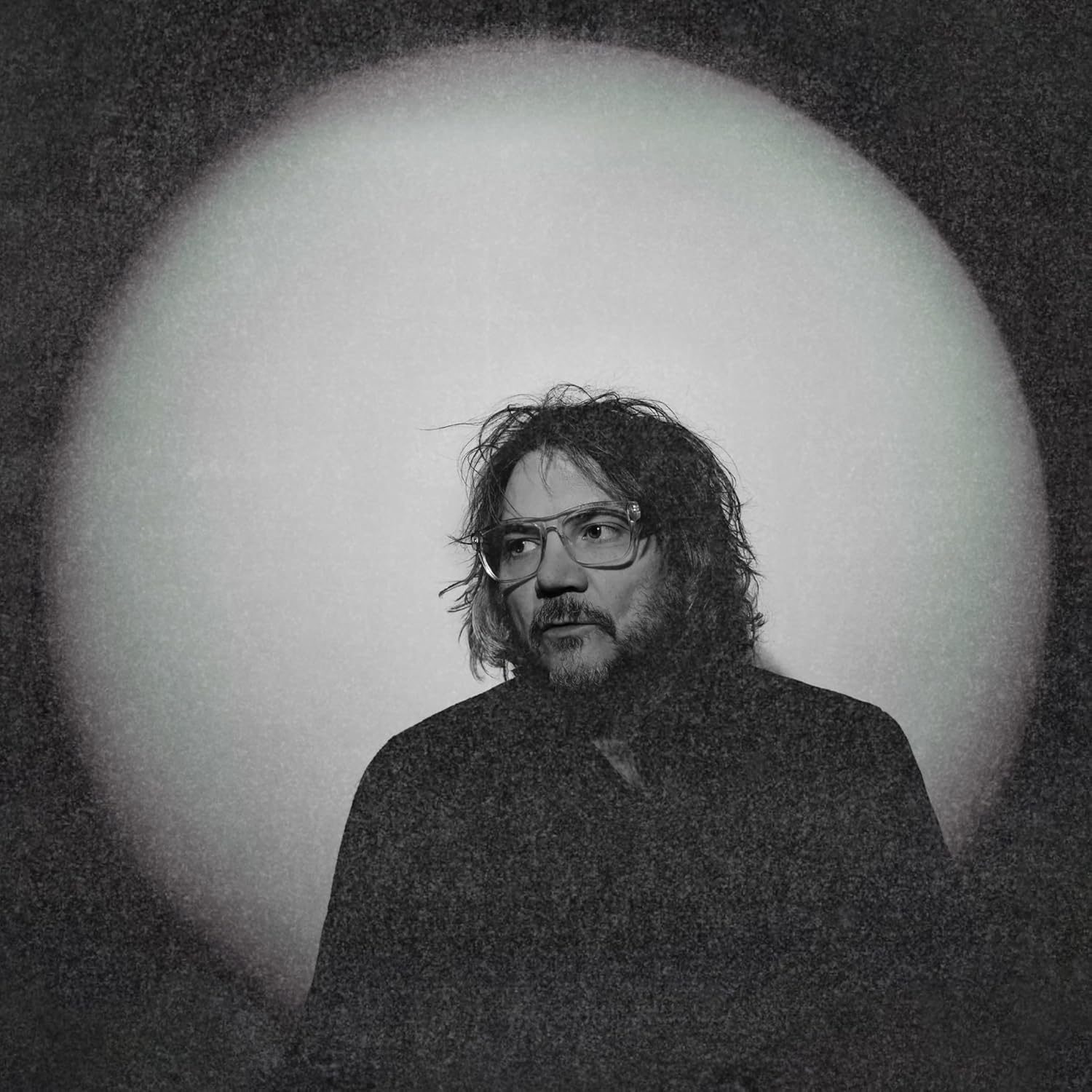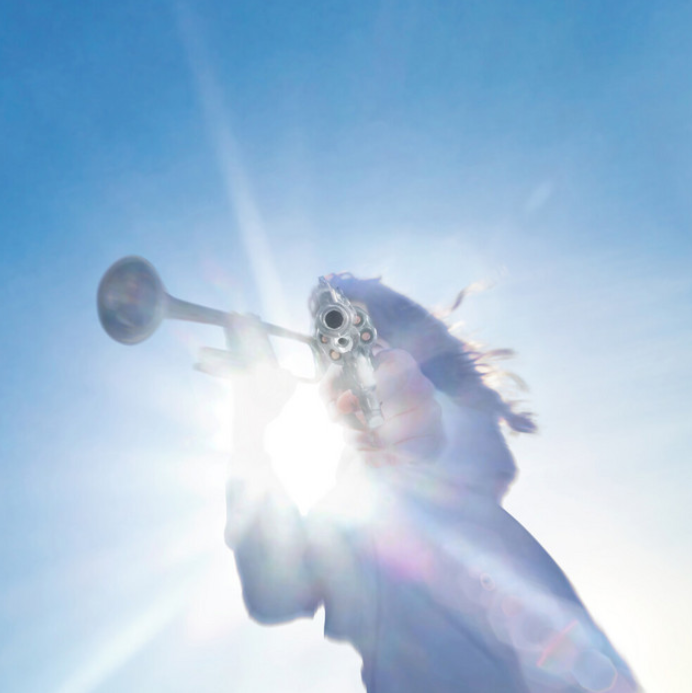Will Foley
READING TIME: 4 MINUTES
On September 26th, the Brooklyn-based rock band Geese dropped their greatly anticipated fourth album, the provocatively titled Getting Killed. For me, Geese occupies a space within a small cadre of modern rock bands who continue to push the genre forward by taking inspiration from those who came before them. Instead of being derivative, they act as a prism through which the light of their influences enters: melding together to create something that is original, fresh, and as multifaceted and varied as a rainbow. Others in this cadre would include acts such as the Irish post-punk band Fontaines D.C., the Aussie experimental rock band King Gizzard and the Lizard Wizard, and Geordie Greep, whose sound I once described as Steely Dan from Hell fronted by Frank Zappa. All of these bands (and more, these are simply my favourites) comprise the bulwark against the ever-churning tide of horribly boring, uninspired, and safe slop rock such as Imagine Dragons, Benson Boone, and Twenty One Pilots.

Getting Killed Album Cover
Getting Killed does not necessarily top Geese’s previous record – 3D Country – in my mind, though it is refreshingly experimental and strange in a very good way. Where 3D Country was more straight-forward rock with some elements of psychedelic country and gospel along with bizarre symbols and motifs of the old west, Getting Killed remains firmly planted within the genre of rock, though it incorporates a far more eclectic collection of sounds and ideas than its predecessor. The record starts off with the track “Trinidad”, which is one of the more abrasive and experimental songs in the collection. “Trinidad” begins with a relatively sparse and subdued instrumental overlaid by lead singer Cameron Winter’s wailing vocals. The combination creates an atmosphere of doom which eventually gives way to short sequences of apocalyptic chaos and noise composed of screaming guitars and blaring horns as Winter provocatively shouts, “there’s a bomb in my car”. I must admit that I did not enjoy this song very much on my first listen. However, on subsequent listens I grew to like it, though not as much as some of the other songs. Nonetheless, this song is quite important to the record as a whole as it establishes the transgressive foundation, signalling more of a departure from the band’s last album.
The second track of the album – “Cobra” – may come as a surprise considering the more dissonant sound of the last track. It is a pleasant-sounding love song with Winter’s rich baritone voice crooning over an instrumental that I can only describe as “cutesy”. The next track titled “Husbands” has a lumbering instrumental driven by bass guitar and percussion which has sort of a creaky or ramshackle quality to it. This is reminiscent of the Tom Waits songs “Clap Hands” and “Diamonds and Gold”, though it is nowhere near as gritty and creepy sounding as those tracks. The title track begins with a chaotic intro driven by some excellent gritty guitar riffage and jazzy samba-esque percussion that persists throughout the song with Winter lamenting “I’m getting killed by a pretty good life”. “Islands of men” begins with a subdued lumbering instrumental in the vein of “Husbands”, though at around the 3:40 mark the track switches to a sort of jam section à la Grateful Dead or The Allman Brothers Band. “100 Horses” continues down the course of the final moments of the last track with a southern boogie instrumental, making it the most danceable track on the album so far ( it certainly got my toes tapping). Even though the track is quite danceable and funky, Winters takes shots at how entertainment can be used to pacify the masses in times of struggle and war: “All people in times of war must go now to the circus,” which brings to mind all of the vapid escapist pop music released post-911 into the 2010s.
The mood is brought down to a calmer pace on the tracks “Half Real” and “Au Pays du Cocaine”, which have sort of a baroque quality to them. This is especially true with the latter, which prominently features harp-esque guitar work and a barely audible choir. “Bow Down” features surreal lyrics such as “I was a sailor, and now I’m a boat” and “I was a car, and now I’m a road”, along with a rushed and robotic sounding instrumental. The whole song has a surreal insanity to it that I really dig. “Taxes” begins with primal sounding percussion and “oohs” that sound almost heavenly, before the song transitions to a more conventional yet intricately composed rock sound. The album ends with the track “Long Island City Here I Come” which is undoubtedly my favourite of the whole affair as it is just brimming with raw energy. All of the instruments sort of blend together as the song goes on and by the end the band creates a wall of sound, or more aptly, a warm ocean of sound that washes over the listener as Winter paints surreal images referencing Joan of Arc, the biblical city of Jericho, and Charlemagne in Vietnam.
I like this album quite a lot, though I still prefer 3D Country as I find its sound to be more cohesive than this record. Nonetheless, I admire the group’s relentless drive to continue their artistic evolution by exploring such a wide variety of sounds with great results, from the abrasive noise rock inspired “Trinidad” to the sublime neo-baroque pop of “Bow Down” and “Half Real”. I believe it to be incredibly abhorrent for an artist to just sit there and allow their sound to grow stagnate as a pool of water in the catacombs of an abandoned building, in the vein of fossil rock groups like AC/DC, KISS, and funnily enough, The Rolling Stones.
8.5/10



